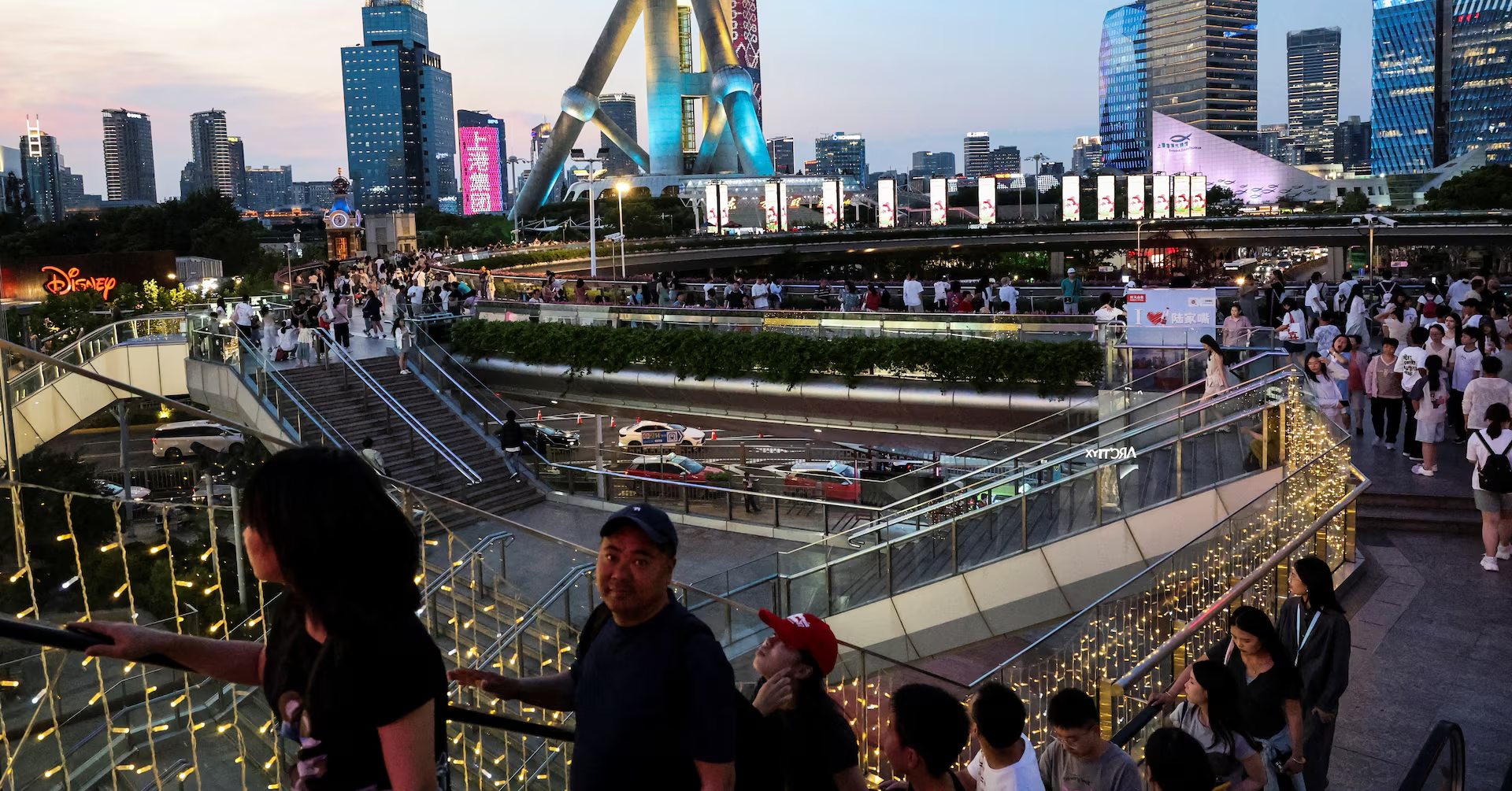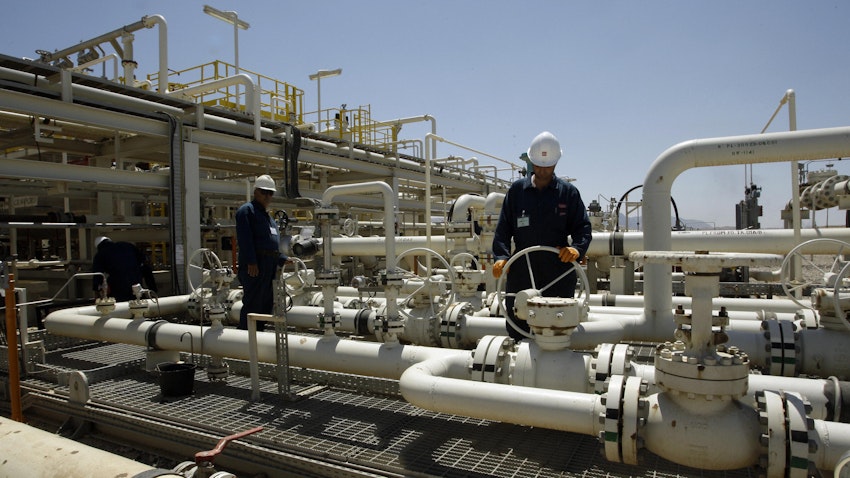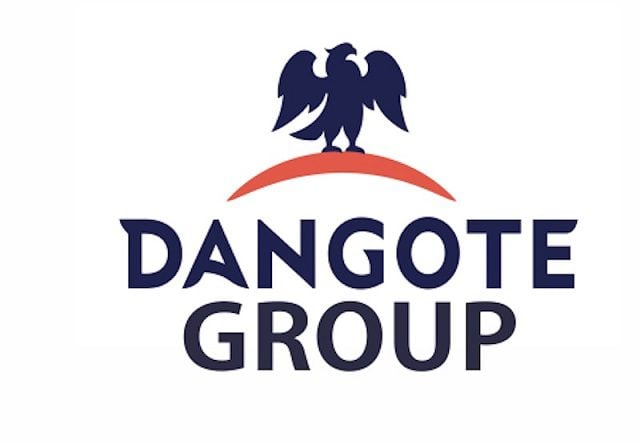By Ayomide Otitoju
Speaking at an energy conference in Cape Town on Monday, Afreximbank Executive Vice-President Kanayo Awani said the initiative is a step toward energy self-sufficiency for the continent.
“The time has come for Africa to take control of its energy destiny,” Awani declared. “This facility will support the importation of key refined products such as petrol, diesel, heavy fuel oil, jet fuel, and kerosene within Africa.”
The revolving intra-African oil import financing facility is expected to help bridge a critical gap in regional supply chains. According to the bank and industry analysts, Africa exports approximately 80% of its crude oil and 45% of its natural gas, but lacks sufficient refining and storage infrastructure, leaving the continent dependent on foreign refined fuel.
Afreximbank has already invested in major refining projects, including Nigeria’s 650,000 barrels-per-day Dangote refinery and Angola’s Lobito and Cabinda refineries.
Awani noted that Africa currently spends around $30 billion annually on petroleum imports due to limited refining capacity. However, recent investments—especially in Nigeria, which now boasts 1.3 million barrels per day in capacity—are helping reposition the Gulf of Guinea as a key refining hub.
“Our ambition is to support 3 million barrels per day of refining capacity across Africa in the near to medium term,” Awani said in an interview with Reuters.
A joint report by energy consultancy CITAC and Puma Energy projects that demand for cleaner fuels in Africa will grow by 56% from 2022 levels, reaching 142 million metric tons by 2040, further underscoring the urgency of increasing local refining capabilities.










